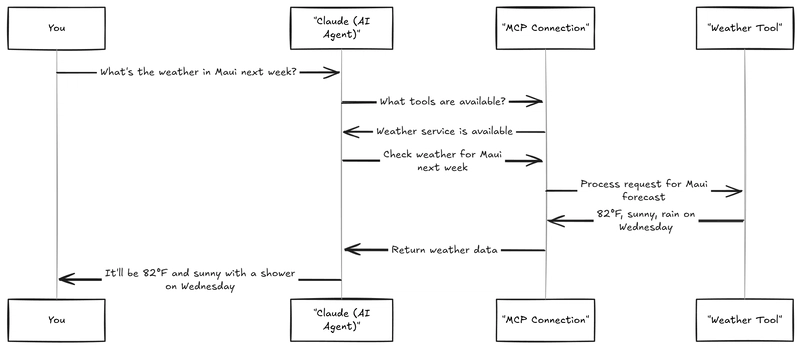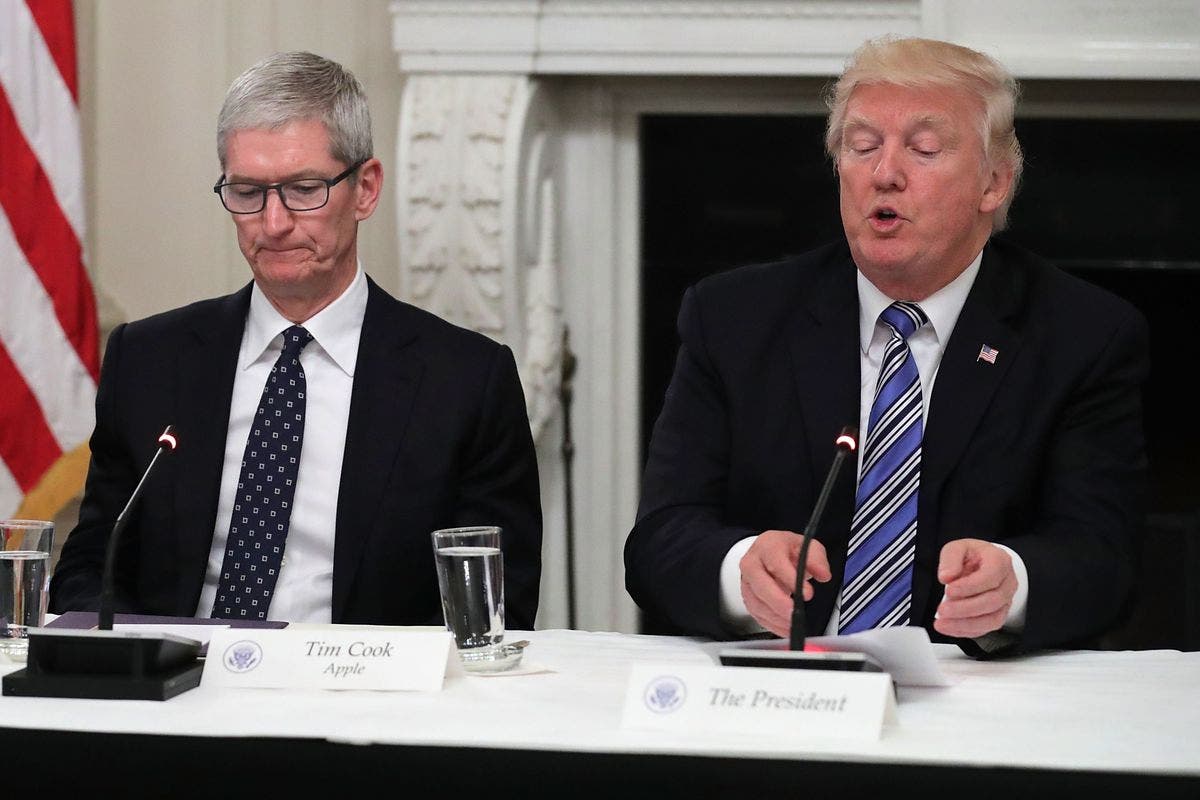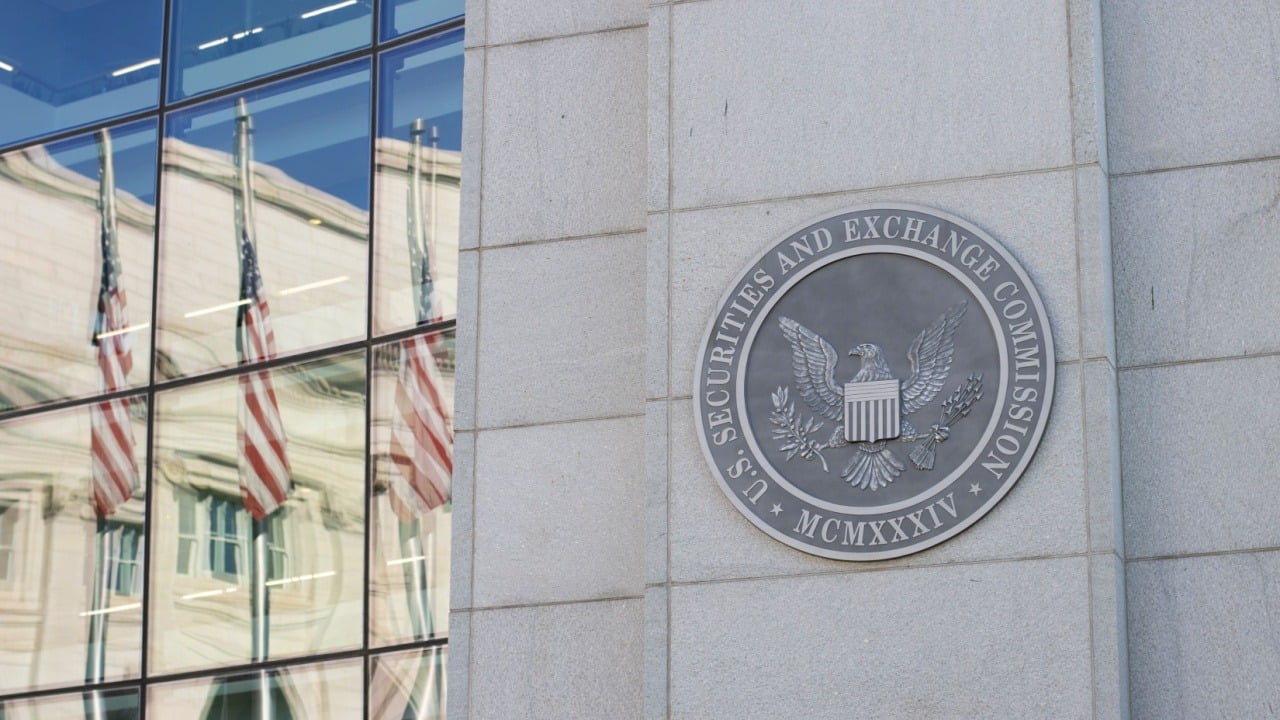Killing the IRS DeFi Rule Is an Industry Win — But It’s a Temporary One
The end of one rule is the beginning of crypto’s unresolved tax issues, says Robin Singh, CEO of crypto tax platform Koinly.

The United States Congress recently voted to repeal the Internal Revenue Service’s (IRS) controversial decentralized finance (DeFi) broker rule, a big win for crypto. And on Thursday President Trump killed the measure for good.
But let’s not fool ourselves — there’s more pain to come.
In December 2024, the IRS proposed a broad rule requiring DeFi platforms to follow standard crypto broker tax rules, including extensive user KYC and other disclosures. The crypto industry pushed back immediately, with numerous blockchain groups suing the IRS almost as soon as the rule was announced.
DeFi platforms aren’t designed to collect this type of information in the first place, and beyond that, the proposed rule contradicts DeFi’s core goal of protecting privacy while keeping transactions transparent.
Thankfully, this rule is likely to be scrapped entirely under the Donald Trump administration after the U.S. Senate's 70-28 vote against the ruling on March 26. This follows the US House's 292-132 vote on March 11 and the Senate's earlier 70-27 vote on March 4, both in favor of repealing the IRS DeFi broker rule.
If the rule had stuck, it would have hurt the U.S. crypto industry and innovation beyond just DeFi. As the operator of crypto tax platform Koinly, I know it would have made compliance significantly more costly and complicated for us too.
But it is far from over.
This repeal was easy because the rule was so over-the-top that even most government officials saw it as unworkable. But what happens when the IRS returns with a more subtle, carefully crafted rule that again targets DeFi? Overturning this version doesn’t prevent the agency from trying again.
I wouldn’t be surprised if the IRS now goes on a hiring spree for DeFi experts to help with this, especially after bringing in several crypto specialists into the agency in February 2024.
IRS is acting like there is still a fortune in uncollected crypto taxes
The IRS clearly believes it's missing out on crypto tax revenue and is pushing to expand its reach as much as possible. DeFi may be privacy-focused, but it still involves money, so it’s not going to be ignored anytime soon.
The IRS won’t take this rule being rejected lightly either. It wouldn’t be a stretch to assume the agency will ramp up its audits even more on US crypto users to ensure their filings are accurate.
So, what should the US crypto industry do? It can’t afford to be reactive. Instead of waiting for the IRS to drop another harsh crypto tax ruling, it must push even harder for regulatory clarity on DeFi to prevent misinformed and overstepping rules from surfacing again.
The best time to push for fairer IRS tax rules is now
While crypto advocacy groups are already doing a great job on this, the industry needs to be even more persuasive — especially in pushing for rules that distinguish true brokers from self-executing smart contracts, ensure fair tax treatment for DeFi participants, and provide clear reporting guidance without stifling innovation.
With Trump in office and a more pro-crypto friendly environment in Washington, there is a chance to get regulations right before the pendulum swings back toward aggressive enforcement.
That means there's a four-year window to get this in shape.
While the crypto industry is being proactive and engaging with Trump, it must ensure these rules are fully passed, clarified, and set into law. Otherwise, it could face an even harsher regulatory regime under a future administration less friendly to decentralized technologies.
The IRS’s DeFi broker rule should serve as a warning: until there is a workable framework in place, regulators will continue attempting to impose harsh rules on a technology they barely understand.
And next time, the crypto industry might not be as lucky in gaining enough votes for a repeal.










































































































































































![[The AI Show Episode 143]: ChatGPT Revenue Surge, New AGI Timelines, Amazon’s AI Agent, Claude for Education, Model Context Protocol & LLMs Pass the Turing Test](https://www.marketingaiinstitute.com/hubfs/ep%20143%20cover.png)





























































































































![From Accountant to Data Engineer with Alyson La [Podcast #168]](https://cdn.hashnode.com/res/hashnode/image/upload/v1744420903260/fae4b593-d653-41eb-b70b-031591aa2f35.png?#)




































































































.png?#)











































































































































![Apple Watch SE 2 On Sale for Just $169.97 [Deal]](https://www.iclarified.com/images/news/96996/96996/96996-640.jpg)

![Apple Posts Full First Episode of 'Your Friends & Neighbors' on YouTube [Video]](https://www.iclarified.com/images/news/96990/96990/96990-640.jpg)


































































































































